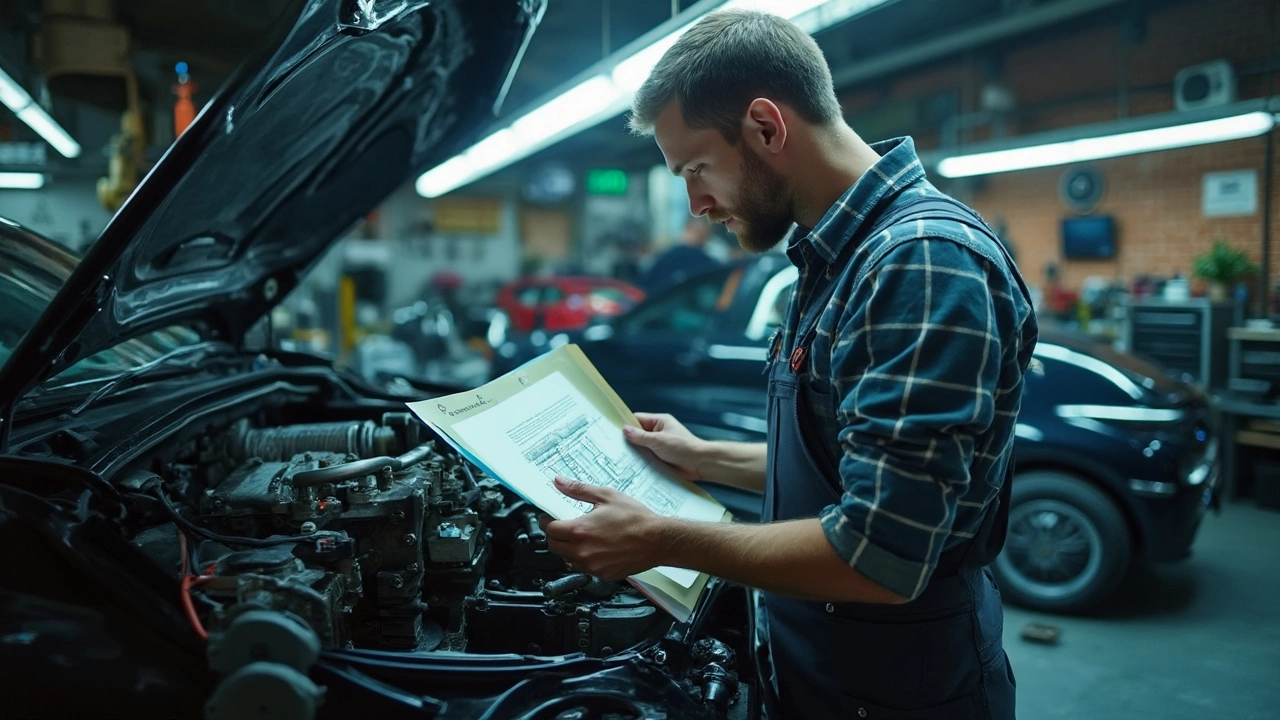Clutch Slip: Signs, Causes, and What to Do Before It Fails
When your clutch slip, a condition where the clutch fails to fully engage, causing the engine to rev without transferring power to the wheels. It's not just annoying—it’s a warning your transmission is under stress and could fail completely. You might notice it when accelerating uphill, towing, or even just merging onto the highway. The engine screams, but the car doesn’t respond like it should. That’s not turbo lag. That’s your clutch giving up.
Clutch wear, the gradual breakdown of friction material on the clutch disc is the usual suspect. But it’s not just age. Aggressive driving, riding the clutch pedal, or hauling heavy loads every day speeds it up. A clutch replacement, the process of swapping out worn components like the disc, pressure plate, and release bearing isn’t a simple job. It often means pulling the transmission. And if you ignore clutch slip too long, you risk damaging the flywheel, the heavy metal disc that connects the engine to the clutch—which adds hundreds to the repair bill.
Most people don’t realize clutch slip starts subtly. Maybe your car feels sluggish when you floor it. Or you need to press the pedal further to get the same response. Maybe your fuel economy dropped for no reason. These aren’t just "car quirks." They’re early signs your clutch is losing grip. And if you’ve ever heard a burning smell after heavy driving, that’s the friction material overheating. No magic fix. No additive that saves it. Just time and a proper inspection.
Clutch lifespan varies wildly. Some last 150,000 miles. Others give out at 40,000. It’s not about mileage alone—it’s about how you drive. Stop-and-go traffic? Constant hill starts? Lugging the engine in high gear? Each of those habits eats away at the clutch faster than you think. That’s why clutch failure, the point where the clutch can no longer transmit engine power reliably often catches drivers off guard. It doesn’t happen overnight. It sneaks up.
What you’ll find below are real-world guides from UK drivers and mechanics who’ve dealt with this exact problem. You’ll learn how to spot clutch slip before it leaves you stranded, what parts usually need replacing alongside the clutch, and how to avoid paying for repairs you don’t need. No guesswork. No fluff. Just clear, practical advice from people who’ve been there.

Can a Brand New Clutch Slip?
Slipping clutches can be a headache, especially when you've just paid for a new installation. This article explores why a brand new clutch might slip, diving into potential issues like installation errors or defective parts. It also offers useful tips on diagnosing and fixing the problem, preventing further damage to your vehicle. Knowing how to care for your clutch can save you time and money in the long run.
February 26 2025